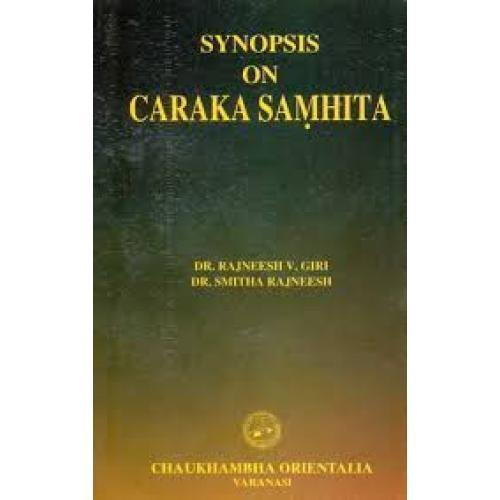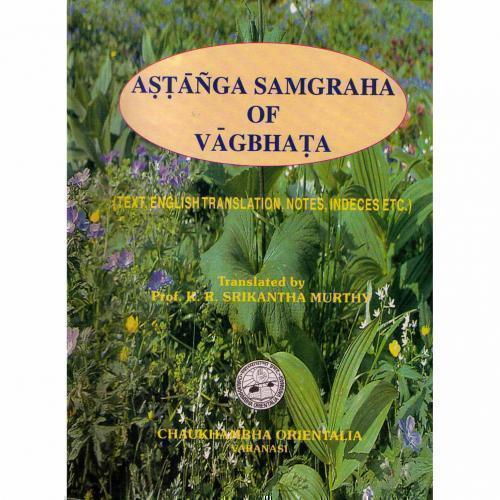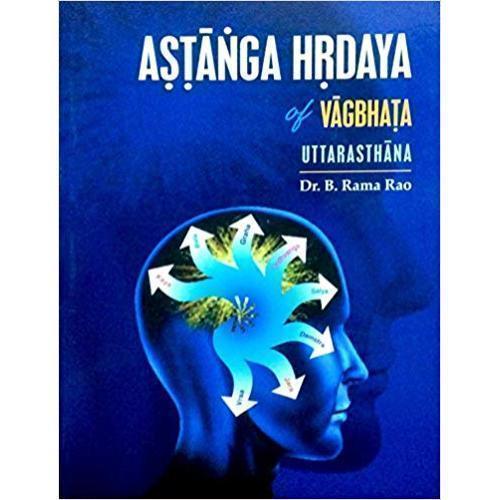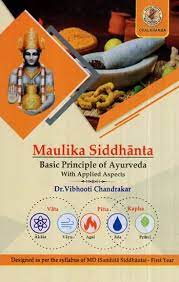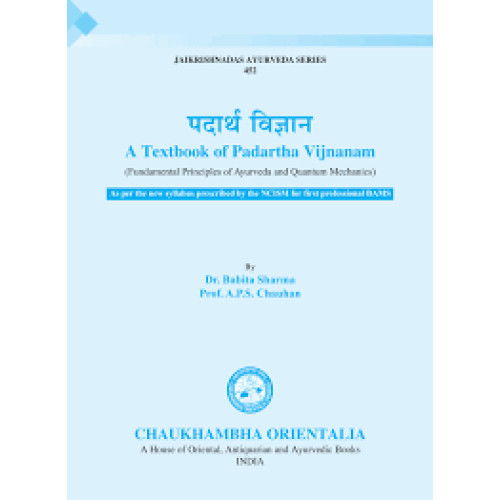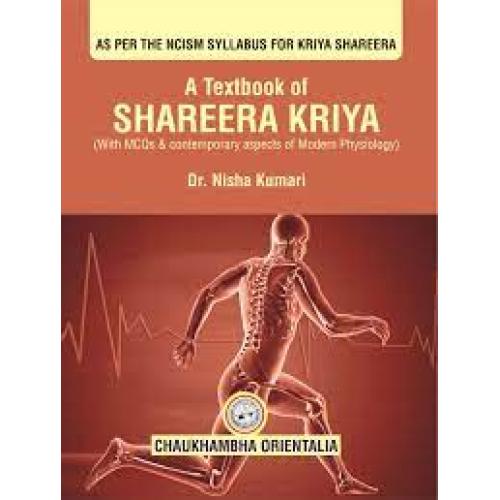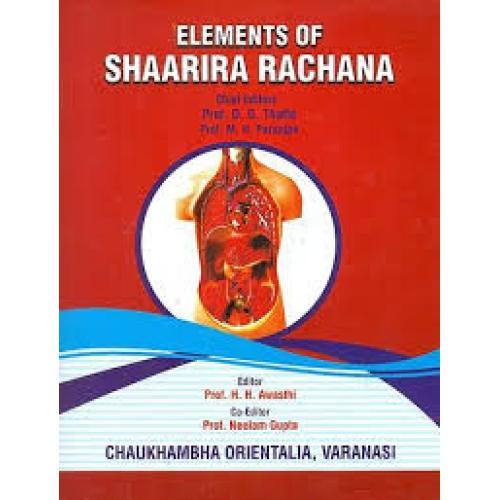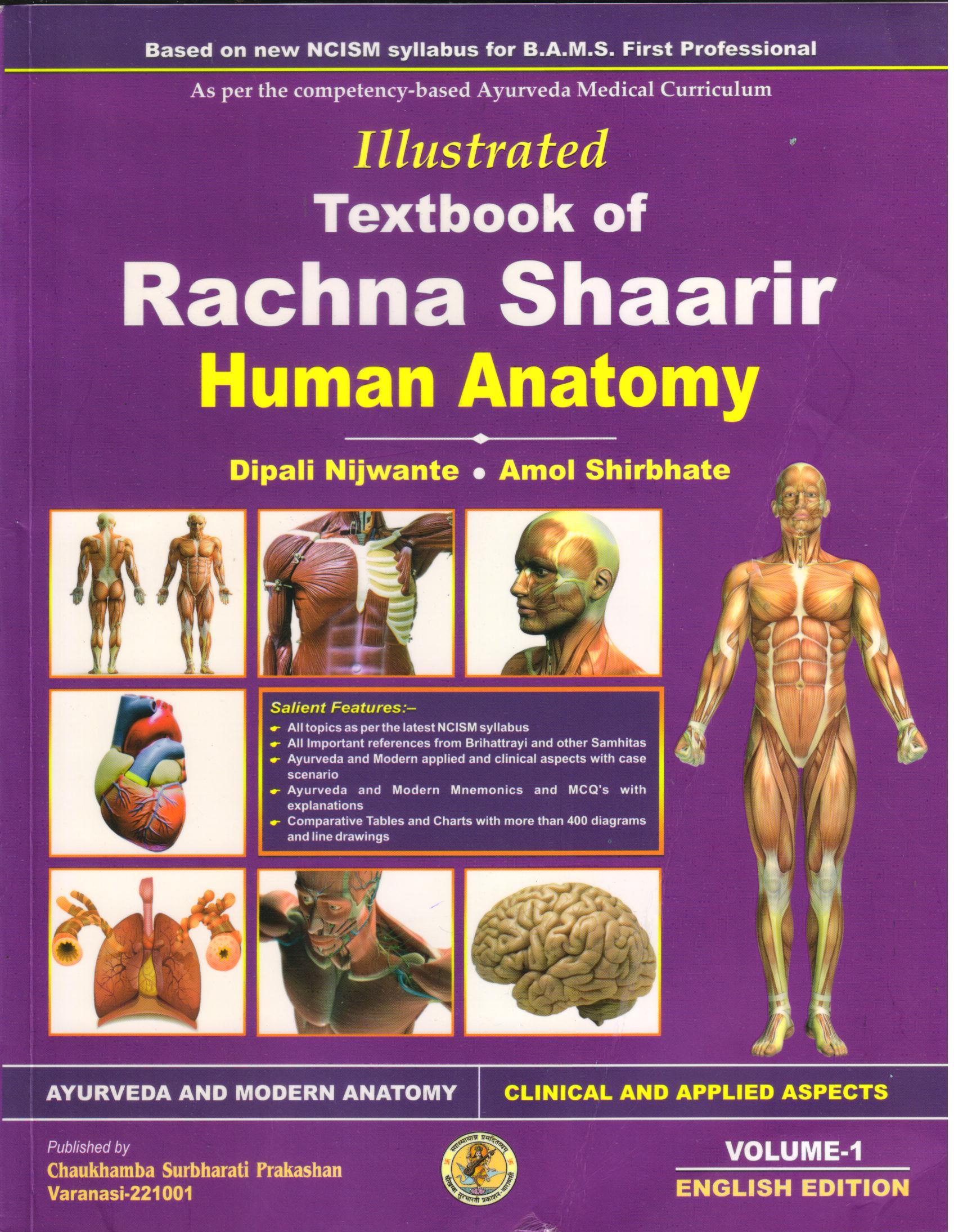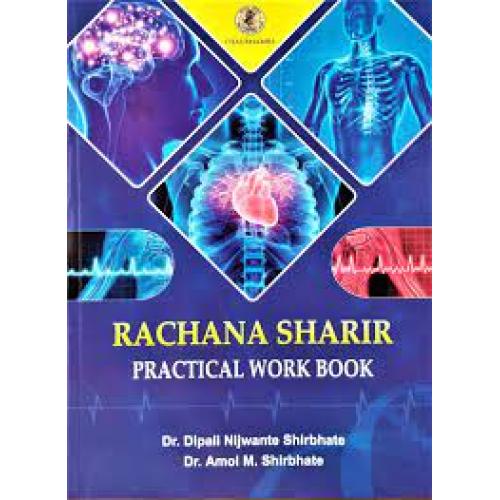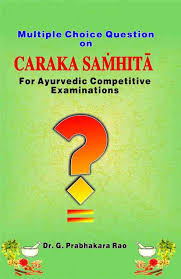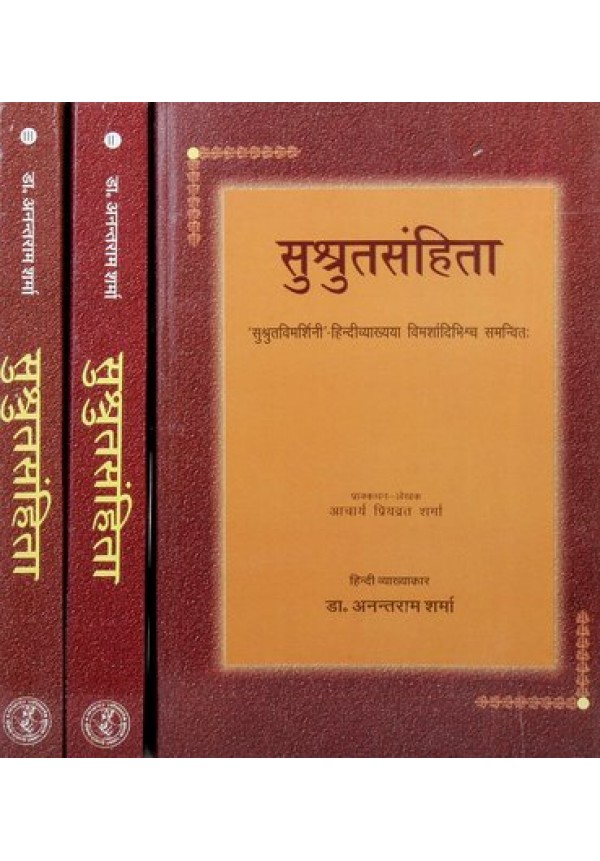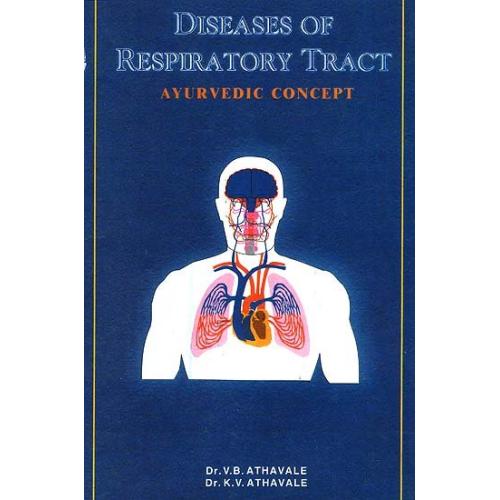Ashtanga Hridaya (Illustrated)
Ashtanga Hridaya (Illustrated)
Product Code :CAS 15
Author : Dr. R. Vidyanath
ISBN : 9789382443858
Bound : Paper Back
Publishing Date : 2025
Publisher : Chaukhamba Surbharati Prakashan
Pages : 34+546
Language : English
Length: 24 cm
Width : 18 cm
Height : 3 cm
Weight : 950 gm
Availability : 87
Vāgbhaṭa (वाग्भट) is one of the most influential writers, Scientist, Doctor and advisor of ayurveda. Several works are associated with his name as author, principally the Ashtāṅgasaṅgraha (अष्टाङ्गसंग्रह) and the Ashtāngahridayasaṃhitā (अष्टाङ्गहृदयसंहिता). The best current research, however, argues in detail that these two works cannot be the product of a single author. Indeed, the whole question of the relationship of these two works, and their authorship, is very difficult and still far from solution. Both works make frequent reference to the earlier classical works, the Charaka Samhita and the Sushruta Samhita.[1]: 391–593 Vāgbhaṭa is said, in the closing verses of the Ashtānga sangraha to have been the son of Simhagupta and pupil of Avalokita. His works mention worship of Cows and Brahmanas and various Vedic Gods, he also begins with a note on how Ayurveda evolved from Brahma. His work contains syncretic elements.
A frequently quoted erroneous suggestion is that Vāgbhaṭa was an ethnic Kashmiri, based on a mistaken reading of the following note by the German Indologist Claus Vogel: "..judging by the fact that he expressly defines Andhra and Dravida as the names of two southern peoples or kingdoms and repeatedly mentions Kashmirian terms for particular plants, he is likely to have been a Northerner and a native of Kashmir...". Vogel is speaking here not of Vāgbhaṭa, but of the commentator Indu.
Vāgbhaṭa was a disciple of Charaka. Both of his books were originally written in Sanskrit with 7000 sutra. According to Vāgbhaṭa, 85% of diseases can be cured without a doctor; only 15% of diseases require a doctor.


